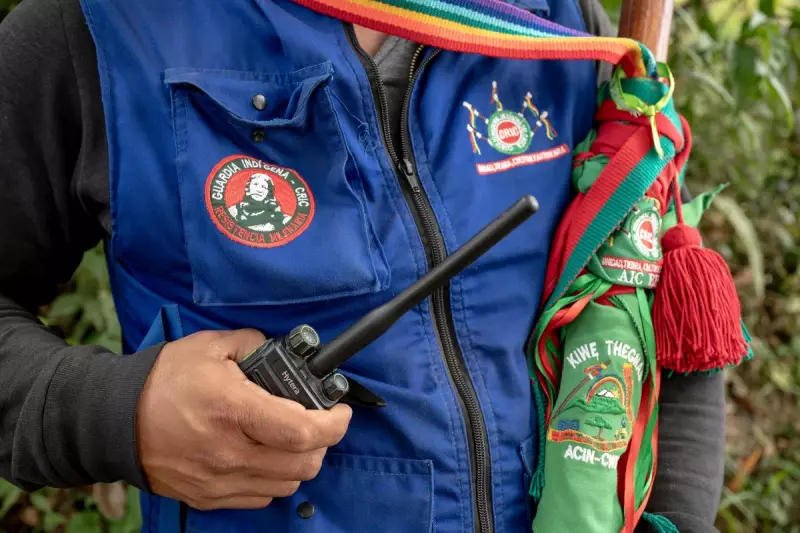
In a landmark move towards ending decades of violence, Colombia's National Liberation Army (ELN) has agreed to a six-month bilateral ceasefire with the government. The deal, announced during United Nations-backed talks in Havana, Cuba, signals a potential turning point in the country's long-standing conflict.
A Historic Step Towards Peace
The ceasefire agreement comes after years of intermittent negotiations between the Marxist rebel group and successive Colombian administrations. This latest breakthrough follows intensive discussions mediated by international observers, including representatives from the UN and several Latin American nations.
Key Terms of the Agreement
- Six-month duration: The ceasefire will initially last for 180 days, with possible extensions
- Humanitarian provisions: Both sides commit to protecting civilian populations
- Verification mechanism: An international commission will monitor compliance
- Dialogue continuation: Peace talks will proceed during the ceasefire period
Challenges Remain
While the agreement represents significant progress, experts warn that implementation challenges lie ahead. The ELN, Colombia's last remaining major rebel group, has a decentralized structure that may complicate ceasefire enforcement across all its factions.
The Colombian government has emphasised that this agreement differs from previous attempts by including concrete verification measures and clear timelines. President Gustavo Petro, Colombia's first leftist leader, has made peace negotiations a cornerstone of his administration since taking office in 2022.
International Reaction
The United Nations has welcomed the development, with Secretary-General António Guterres calling it "an important step towards comprehensive peace in Colombia." Neighbouring countries have also expressed cautious optimism about the potential stability the agreement could bring to the region.





